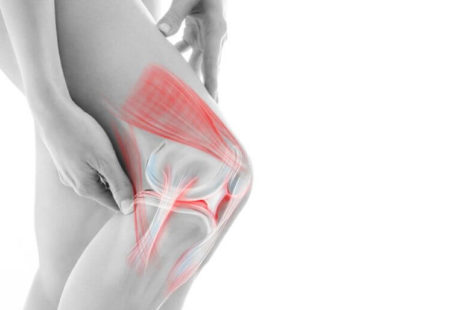If you don’t participate in physical therapy (PT) when it has been recommended by your healthcare provider, there can be various consequences, depending on the nature and severity of your injury or medical condition. It’s important to understand that PT is often prescribed to aid in the recovery and rehabilitation process and to achieve specific goals. Here are some potential outcomes if you skip or neglect physical therapy:
- Incomplete Recovery: PT is designed to help you regain function, strength, and mobility after an injury or medical procedure. Skipping PT can result in an incomplete recovery, which may lead to ongoing pain, limited mobility, and decreased quality of life.
- Loss of Function: Without the guidance and exercises provided in physical therapy, you may experience a loss of function in the affected area. For example, after orthopedic surgery, failing to participate in PT can lead to joint stiffness, muscle weakness, and decreased range of motion.
- Prolonged Pain and Discomfort: Pain management is a significant component of physical therapy. Neglecting PT can result in prolonged pain and discomfort, as therapists use techniques to manage pain and promote healing.
- Increased Risk of Reinjury: PT aims to improve strength, stability, and coordination. Skipping PT may leave you more vulnerable to reinjury, as you may not have developed the necessary physical resilience to prevent future accidents or strains.
- Limited Mobility: For many individuals, the lack of PT can lead to limited mobility and difficulty performing everyday activities. This can significantly impact your quality of life.
- Complications and Secondary Conditions: Some medical conditions or injuries may lead to secondary complications if not properly managed. For example, failing to participate in PT after a stroke may result in muscle contractures and balance issues.
- Psychological Impact: Physical therapists often provide emotional support and motivation during the rehabilitation process. Skipping PT can lead to a lack of emotional support, potentially impacting your mental well-being and motivation to recover.
- Longer Recovery Time: In many cases, PT is an essential component of expediting the recovery process. Neglecting PT may result in a longer recovery time or reduced likelihood of a full recovery.
- Missed Opportunities for Improvement: Physical therapists can identify issues or limitations that you may not be aware of. Skipping PT means you may miss out on opportunities to address these issues and make more substantial improvements.
- Potential for Unnecessary Medical Interventions: Failing to participate in PT can lead to the need for more aggressive or invasive medical interventions to address complications or ongoing issues.
It’s important to discuss your concerns or limitations with your healthcare provider if you have reservations about PT. They can work with you to address your specific needs and create a rehabilitation plan that is manageable and effective. Skipping PT should not be taken lightly, as it can have significant consequences for your recovery and quality of life.



